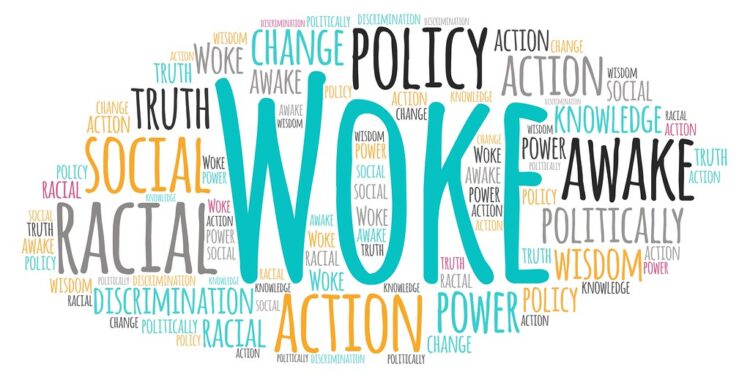There’s a new saying, “Get Woke, Go Broke!” A new report by a think tank group called Adam Smith Institute warns how ‘woke capitalism’ that shifts focus from profit-making to social justice could be devastating to company finances, especially during the post-pandemic recovery when most businesses are struggling to find their footing back.
The report states, “Companies should stick to traditional profit-driven shareholder capitalism rather than pursuing ‘woke capitalist’ social objectives that often require political action and leave firms facing accusations of hypocrisy.”
Adam Smith Institute is a think tank group based in the UK. They are an independent non-profit group that also claim to be non-partisan. The institute is a fierce advocate for free market principles. During the premiership of Margaret Thatcher, the ASI was one of the biggest forces that helped with the privatization of state-own businesses.
Sometime before this report came out, the corporate giant Unilever was accused of being ‘woke’ by none other than one of its most prominent investors, Terry Smith. Smith, who is the manager of Fundsmith Unilever, said that Unilever has “ lost the plot, publicly displaying sustainability credentials at the expense of focusing on the fundamentals of the business.”
While there are many other examples of woke corporations, Unilever is by far one of the biggest and oldest. Their numerous brands of products include Dove soap, Marmite, Hellmann mayonnaise, Ben & Jerry’s ice cream, and Hourglass vegan red lipstick.
The most egregious example of the corporate giant’s social justice activism is when its Ben & Jerry’s brand boycotted Israel because of the occupation of Palestine. The company announced in July of 2021 that it would no longer sell ice cream in disputed territories, including the West Bank, claiming that selling products in those areas would be ‘inconsistent’ with Ben & Jerry’s values.
Being woke doesn’t seem like it’s doing any favors to Unilever, as the company’s share price has dropped a whopping 27% since the autumn of 2019. That’s not the only financial woe of the company, as it is struggling with increasing debt as well. The failed takeover attempt of the healthcare division of one of its biggest rivals, GlaxoSmithKline, is also hurting the company.
Such ventures into social activism by a corporate entity can also blur the line between government and private business. By making political moves, these corporations set a precedent that can be used by the government to urge companies to do their bidding, since they can no longer claim to be apolitical. And history has shown that too much interference by the government into a company does not bode well.
Finally, it is a well known fact that politics is divisive in nature. It makes no sense for a business to alienate almost half of its prospective customers by taking one political stance or another. Maybe the higher-ups in these companies think that social justice is much more






